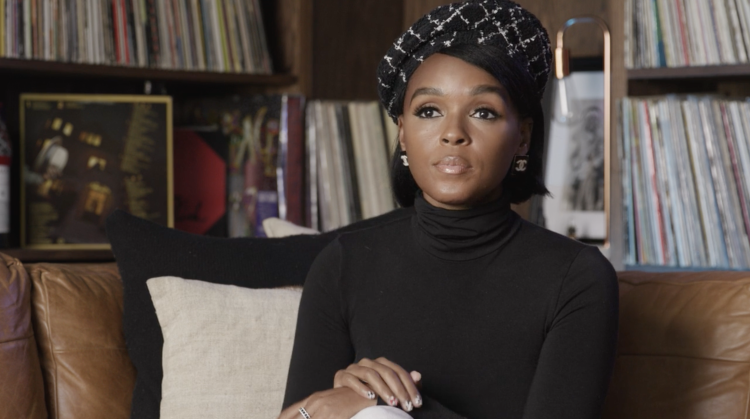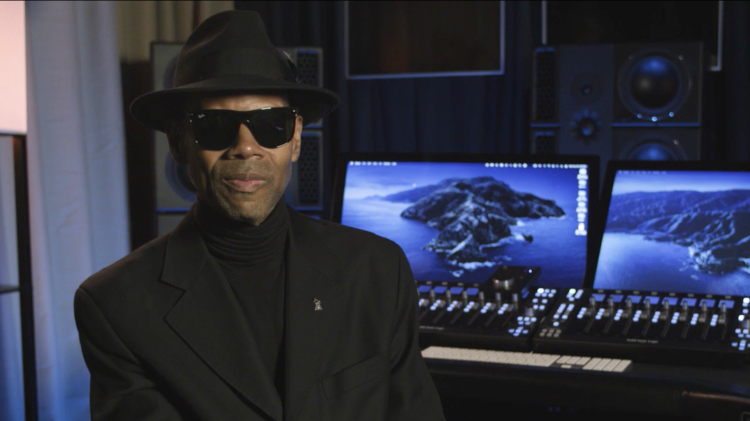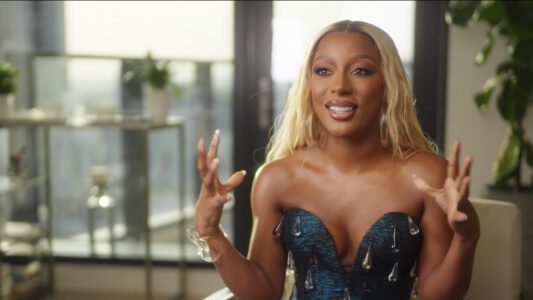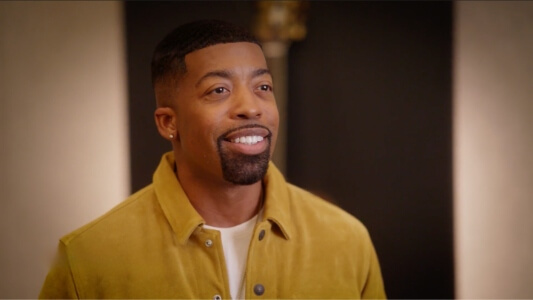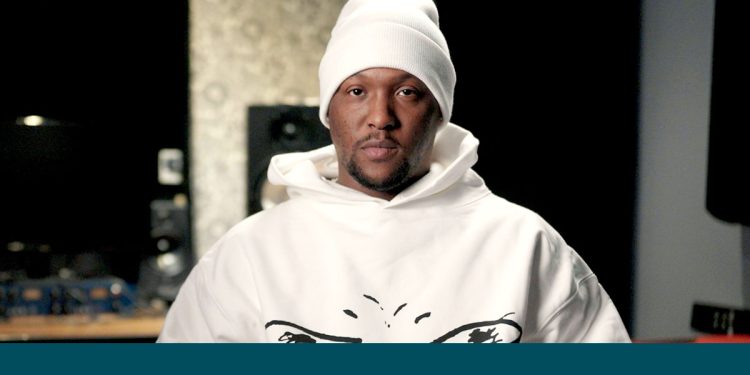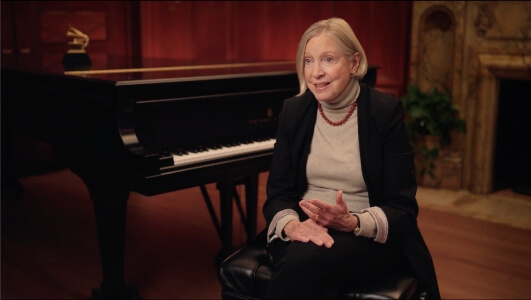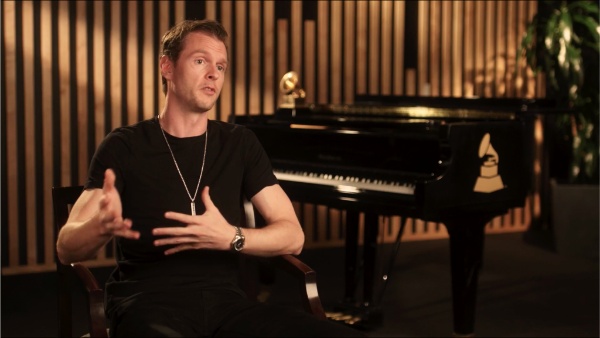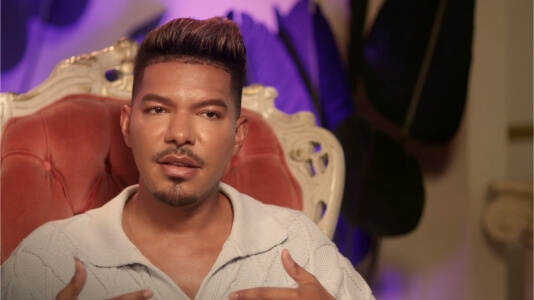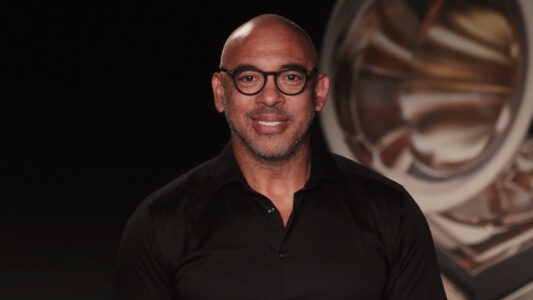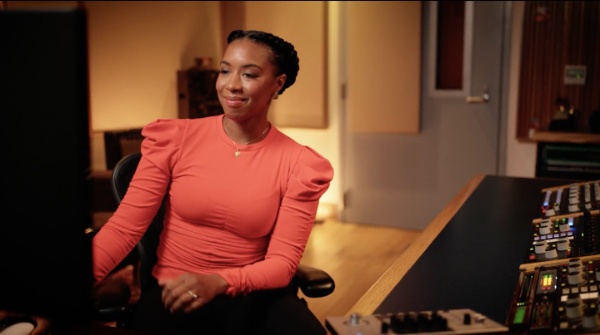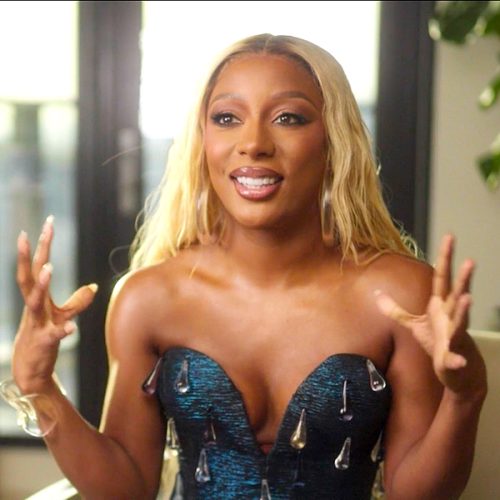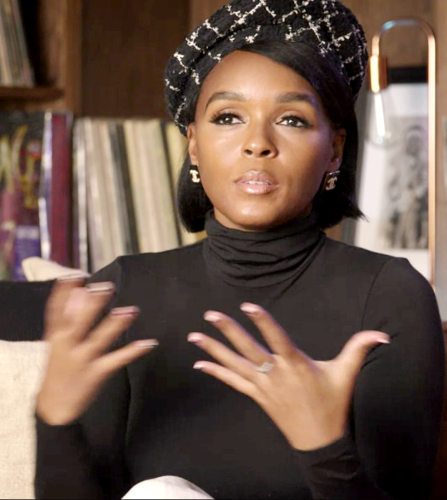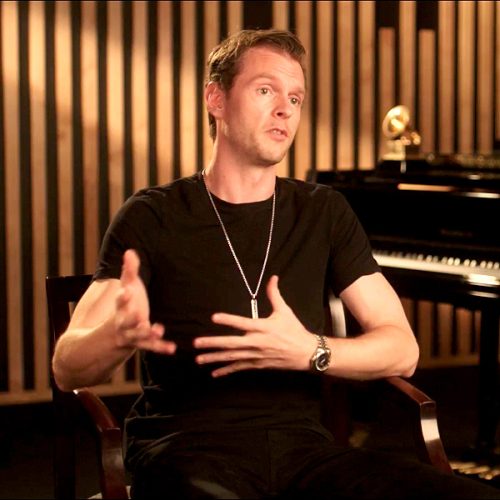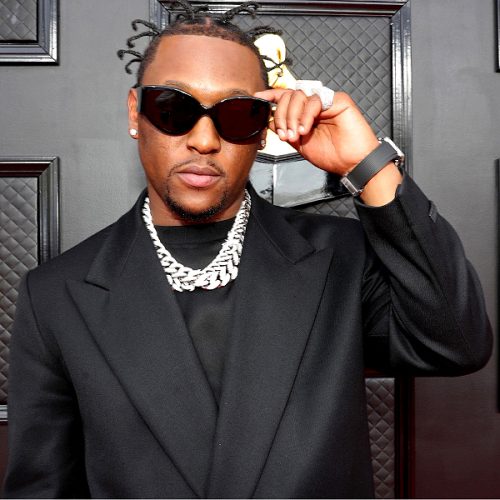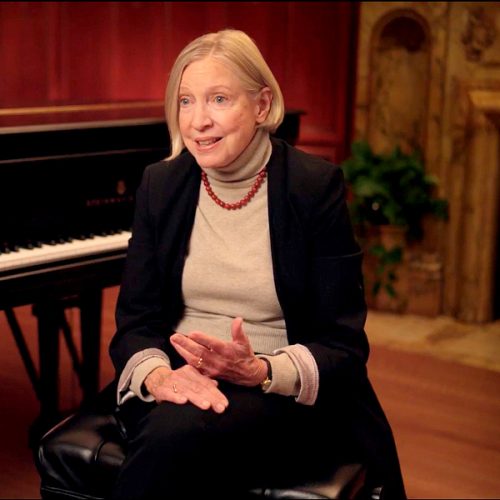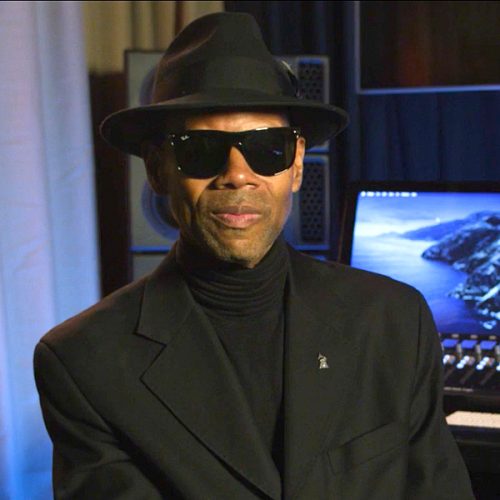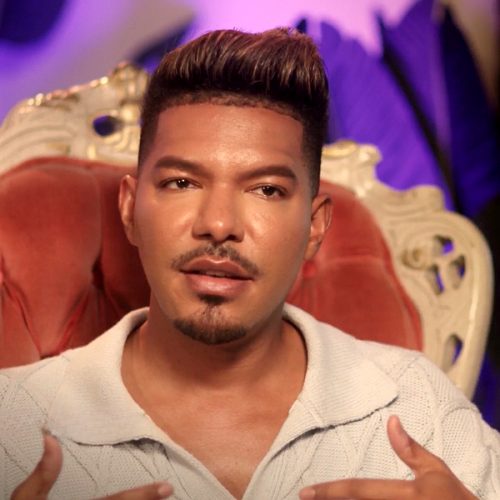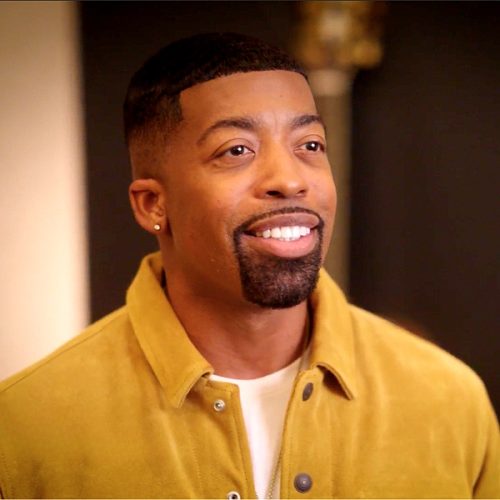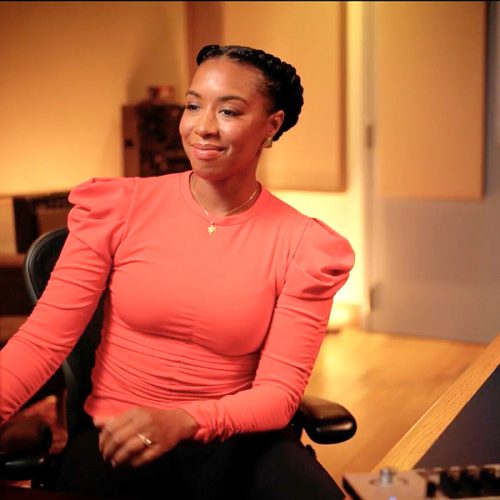The year 2020 brought unprecedented challenges for the music industry, with live performances and events coming to a halt due to the global pandemic. However, amidst the chaos, a significant shift occurred in the way music was promoted and discovered. Social media, especially the popular platform TikTok, emerged as a powerful tool for artists, record labels, and music marketers to connect with audiences and propel songs to viral fame. In this article, we will explore how 2020 changed the landscape of music promotion and the role of social media, with a particular focus on TikTok. We will also delve into examples of artists who found success through social media platforms, including some who went on to win prestigious awards such as GRAMMY® Awards.
Discover GRAMMY GO courses exclusively on Coursera
The Rise of Social Media as a Promotional Tool
Social media has always played a role in the music industry, but in 2020, its significance grew exponentially. Artists and record labels recognized the immense potential of platforms like TikTok, Instagram, and YouTube as promotional tools. These platforms allowed songs to gain traction organically, even if they had been outside the mainstream for decades. Marketers began harnessing the power of influencers and user-generated content to create viral trends around songs, sparking a wave of engagement from fans.
TikTok: The New Frontier of Music Discovery
TikTok, in particular, emerged as a dominant force in music promotion and discovery. Its algorithmic nature and short-form video format made it the perfect platform for songs to go viral. Songs that gained traction on TikTok often found their way onto the Billboard 100 and Spotify Viral 50 charts. The app’s user base, consisting primarily of Gen Z users, had a significant impact on popularizing songs and turning them into chart-toppers.
Examples of TikTok Success Stories
Numerous artists found fame and success through TikTok in 2020. One notable example is Megan Thee Stallion, whose song “Savage” became a viral sensation on the app. The popularity of the song on TikTok led to a remix featuring Beyoncé, propelling it to the top of the charts and earning Megan Thee Stallion her first-ever number one hit and a GRAMMY award.

Another artist who utilized TikTok to skyrocket to fame is Olivia Rodrigo. Her debut single “Driver’s License” became an overnight sensation on the app, thanks to its relatable lyrics and emotional storytelling. The song broke numerous records and topped charts worldwide, cementing Rodrigo’s status as a breakout star. In 2022, the song won Best Pop Solo Performance at the 64th GRAMMY Awards–and Rodrigo won Best New Artist and Best Pop Vocal Album!
These success stories demonstrate the immense impact TikTok has had on the music industry, providing a platform for artists to be discovered and celebrated by a global audience. The app’s ability to transform unknown artists into household names in a matter of days is a testament to its power as a promotional tool.
Adapting to a World Without Live Performances
The pandemic’s impact on the music industry was particularly severe for live performances, which accounted for a significant portion of artists’ revenue. As concerts and tours were canceled or postponed, artists had to adapt to a world without live shows. Many turned to social media platforms to connect with fans and create virtual experiences.
Virtual Concerts and Livestreaming
Livestreaming became a popular alternative to live performances, allowing artists to engage with their fans and generate revenue. Platforms like Instagram Live and YouTube Live enabled artists to perform from the safety of their homes and reach audiences worldwide. Notable livestream events, such as 2019 Best New Artist Dua Lipa‘s Thanksgiving concert, Studio 2054, and Kiss‘ extravagant New Year’s Eve show, KISS 2020 Goodbye, attracted millions of viewers and showcased the potential of virtual performances.
Innovations in Music Creation and Collaboration
The limitations imposed by the pandemic also spurred innovations in music creation and collaboration. Artists began utilizing online platforms and tools to collaborate remotely, breaking down geographical barriers. Virtual songwriting sessions, online jam sessions, and remote recording became the norm, allowing artists to continue creating music despite the challenges posed by the pandemic.
The Future of Music Promotion: Embracing the Power of Social Media
The events of 2020 have forever changed the music industry’s approach to promotion and discovery. Social media platforms, especially TikTok, have become essential tools for artists and record labels to connect with audiences and propel songs to viral fame. The success stories of artists like Megan Thee Stallion and Olivia Rodrigo showcase the immense impact that social media platforms can have on an artist’s career.
As we move forward, it is crucial for artists and industry professionals to embrace the power of social media and adapt to the changing landscape of music promotion. Platforms like TikTok provide unique opportunities to connect with fans, create viral trends, and reach a global audience. By leveraging the potential of social media and staying attuned to the preferences and behaviors of their audience, artists can continue to thrive in a world where live performances may not always be possible.
In conclusion, 2020 marked a revolution in music promotion, with social media platforms like TikTok taking center stage. The power of these platforms to propel songs to viral fame and discover new artists is undeniable. As the music industry continues to navigate the challenges of a post-pandemic world, embracing the power of social media will be essential for artists and industry professionals seeking success and recognition in a rapidly evolving landscape.

